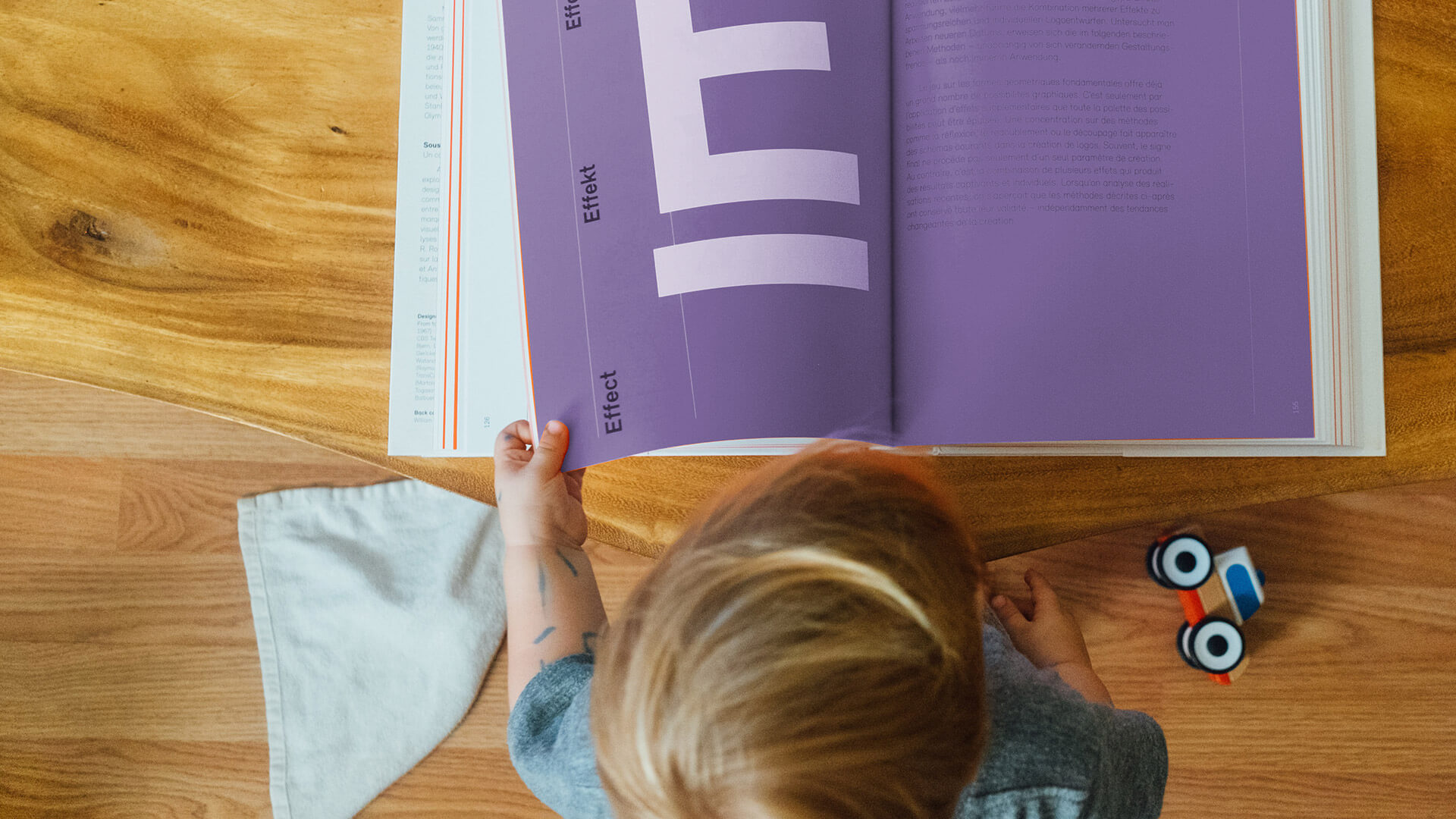Giving meaning to growth and paying it forward are key parts of our DNA.
These values also underpin our commitment to civil society and guide our sponsorship decisions.
By actively accompanying and supporting a number of projects in the fields of education, healthcare & scientific research, social impact and the environment, we want to make an impact and help build a better world for future generations.
This Philanthropy Policy is organized around four main themes, which determine both our choice of projects and how we support them.
- Firstly, our commitment starts at home: most of the projects we support are Belgian and have a positive effect on our society and everyone that lives here. Today and tomorrow.
- It is then translated there into concrete action. Our aim is not to interfere in how the projects are run. We simply want to support them financially and help them achieve their goals. We are, however, thrilled to participate and witness these good works in action when possible.
- We are in it for the long haul. Similar to our investment approach, we have a multi-generational perspective. While we know the importance of making an immediate impact, we prioritize sustainable projects with a long-term vision.
- Finally, our commitment takes shape through agile, coherent and responsible management. Because when we make a commitment, we are fully involved: resolutely, at all times, and by promoting direct contact, exchange and proximity.
KICKCANCER
KickCancer is a Belgian foundation with a clear mission: to cure every child with cancer. KickCancer strives to find new treatments, improve existing ones and kick children’s cancer to send it far, far away forever. To achieve this mission, KickCancer focuses on four pillars: financing research, advocating for a better legal framework, representing and empowering patients and raising awareness.
To support families during the treatment journey, enable them to regain a sense of control over the disease and to play an active role, KickCancer has developed the My Companion support kit – a case packed with tools and information to assist families navigate the cancer storm from diagnosis to the end of treatment and beyond.
Thanks to GBL’s support, the kits have been developed and are distributed free of charge to all newly-diagnosed patients and those undergoing treatment in Belgian pediatric oncology hospitals.
SUGi
SUGi is a global platform dedicated to building biodiversity, restoring the ecosystem and reconnecting people to nature through the creation of ultradense, biodiverse forests of native species in urban areas according to the proven Miyawaki method. SUGi is one of few rewilding organizations to offer this simple way of making visible change as an antidote to current climate threats and monoculture tree-planting dangers.
GBL has been a loyal strategic partner in SUGi’s journey to plant close to 200 pocket forests in 40 cities in 24 countries around the world. Each of these pocket forests is unique, however together with GBL, SUGi has focused in particular on growing its Outdoor Classroom movement in Belgium. Since 2020, the partnership has yielded 10 pocket forests in Wallonia and Flanders. The forest portfolio includes the capstone of a 50-year community restoration project in Pontisse as well as a biodiversity corridor in the heart of Brussels. The latest collaboration, Wilderness Schools, creates an indelible connection between hundreds of students and nature.
CAMPUS 19
Campus 19 is an innovative coding platform open all year round, 24/7.
The entire Campus 19 journey is peer-to-peer based. Its participative approach enables developers to unleash their creativity through project-based collaboration. It is a high-impact platform that contributes to digital retraining and local job creation. Campus 19 offers top-level opportunities and, thanks to its partners, is free of charge for its participants.
Campus 19 is part of the 42 Network, the world’s largest free, innovative and inclusive IT school network, present in 31 countries, with 54 partner campuses.
Founding partner GBL has been supporting Campus 19 since its start in Belgium in 2018. Its sponsorship has enabled the launch of sites in Brussels and then Antwerp, making the project more widely present in Belgium.
